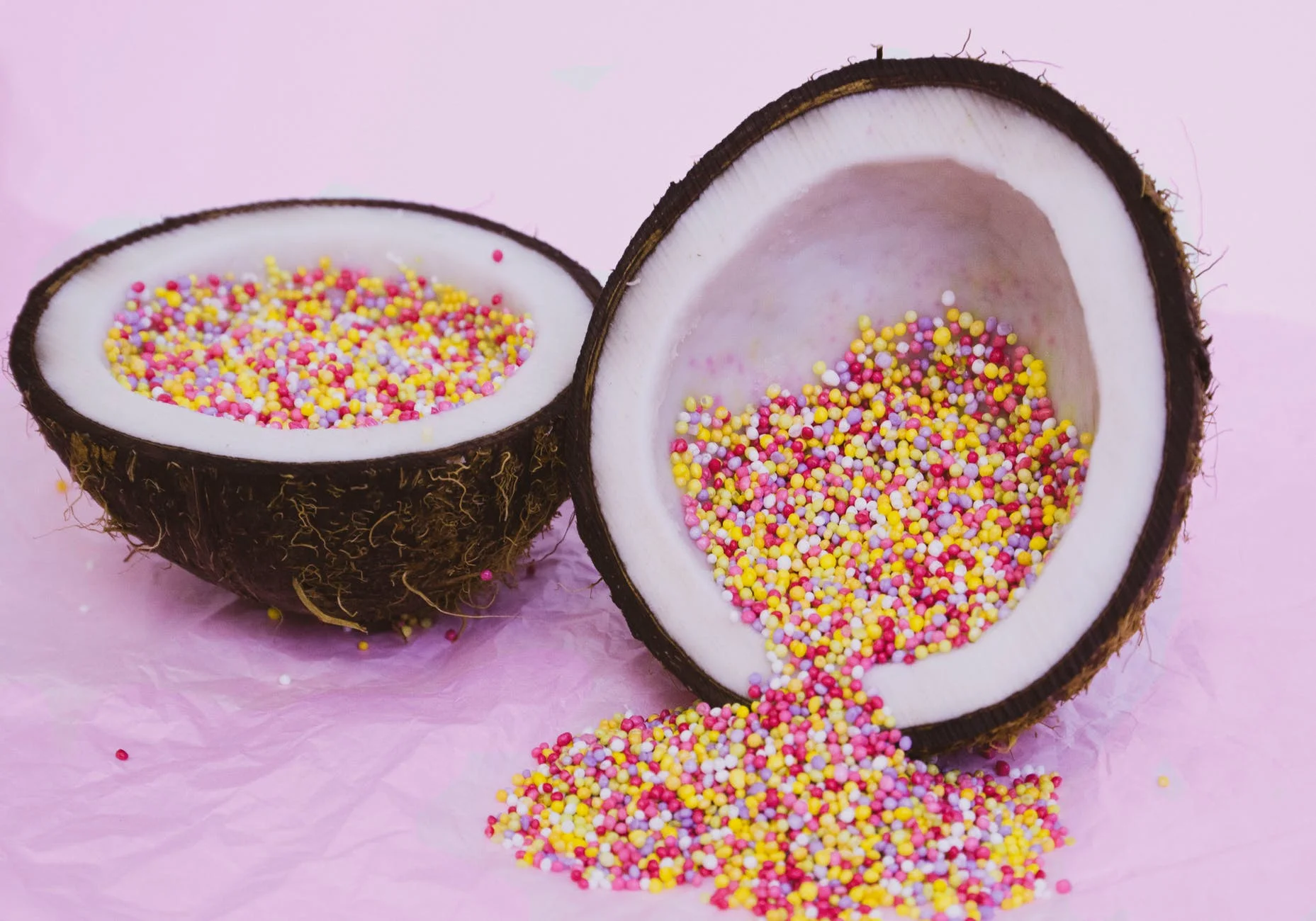How I Talk To My Kids About My Depression
/Growing up, I was just as intuitive as I am now; I could feel when something was up with my parents. But when I’d ask what was wrong, “Nothing,” was always the answer.
This was confusing. And it taught me: 1). Not to trust myself, and 2). That certain things were not okay to talk about.
I’m changing this with my kids.
Here’s how I talk to my kids about my episodes of depression.
1). I tell them the truth, using accurate language.
When I’m depressed — which is roughly three times a year — I tell them. I say something like, “I want to let you both know that I’m not feeling like my usual, weird self — I’m depressed. I’m tell you because I’m sure you can feel and see that my energy is different, and I want you to know that it’s not you, and that everything’s okay — I’m just depressed.”
2). I answer their questions.
“Does that mean you’re really sad and want to kill yourself?” was the question my daughter asked me during my most recent depression.
“Depression is a spectrum,” I said. “It can be really intense — where people want to kill themselves — and less intense, which is how I experience it. I don’t want to kill myself. And I don’t feel sad — I just kind of feel nothing.”
“Will it go away?”
“I think it will, yes. It always does. I’m working hard to just let the feelings happen until they change.”
3). I do what I can.
When I’m depressed, I have a hard time being as active and productive as I typically am. I don’t feel fun or goofy. Getting up and putting on a fresh outfit can feel both like a task and an accomplishment.
I’m not the mom they’re used to.
Instead of spiraling into The Land of Never Ending Mom Guilt, I do what I can. I pull them into bed with me to snuggle. We share a blanket on the couch and watch TV, even if I’m not laughing at the things I normally laugh at. I tell them again and again that I’m okay, that this will shift, and that they are the perfect babies for me.
I do what I can do, which is me doing my best to model how to be an honest, loving mother even when things feel hard.
4). I let them love me.
My depression tells me I don’t deserve the life I have. It tells me I’m ruining m children. But I have proof I’m not, and it recently showed up in the form of a text my daughter sent me in the midst of my most recent depression, “Goodnight, my sweet mama. I’m sorry you don’t feel like yourself today. I love you.”
That child is not ruined.
5). I remember that honesty is the way.
I truly, madly, deeply, fervently believe that honesty is the way through and toward every single good and important thing. And I believe we owe it to our kids not to burden them with self-mistrust. Telling them the truth is the way we do that.
